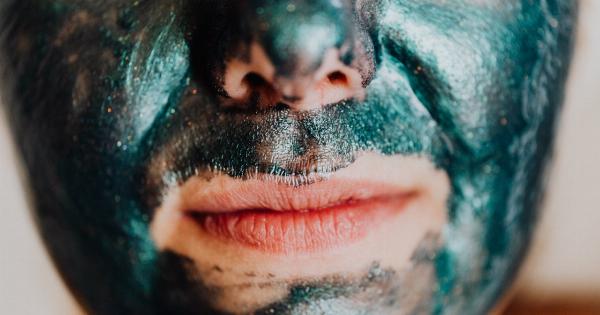Having a skin care routine is essential for maintaining healthy and radiant skin. However, many people unknowingly make mistakes in their routine that can have negative effects on their skin.
In this article, we will highlight the biggest mistakes you might be making with your skin care routine and recommend ways to rectify them.
1. Using the Wrong Cleanser
Choosing the right cleanser for your skin type is crucial. Using an incorrect cleanser can strip away natural oils and disrupt the pH balance, leading to dryness, breakouts, or irritation. If you have dry skin, opt for a gentle, hydrating cleanser.
For oily or acne-prone skin, choose a foaming cleanser with salicylic acid to target excess oil and impurities.
2. Overexfoliating
Exfoliation helps remove dead skin cells, revealing a fresh complexion. However, overexfoliating can damage the skin’s protective barrier and cause inflammation.
Limit exfoliation to 1-2 times per week, using a gentle scrub or chemical exfoliant suitable for your skin type. Avoid harsh scrubbing motions and opt for products with soothing ingredients like aloe vera or chamomile.
3. Skipping Sunscreen
One of the gravest mistakes is skipping sunscreen. Sun damage is a major contributor to premature aging, hyperpigmentation, and the development of skin cancer.
Always wear a broad-spectrum sunscreen with at least SPF 30, even on cloudy days or during winter. Apply generously and reapply every two hours when exposed to the sun.
4. Neglecting Moisturization
Moisturizing is essential for maintaining the skin’s hydration levels and promoting elasticity. Skipping moisturizer can lead to dryness, flakiness, or increased oil production as the skin tries to compensate for the lack of moisture.
Choose a moisturizer suitable for your skin type, and apply it twice daily after cleansing and toning.
5. Ignoring Patch Tests
Whenever trying out new skin care products, it’s important to perform a patch test to check for any allergic reactions or irritations. Apply a small amount of the product on your inner arm or behind the ear and observe for 24 hours.
If you notice any redness, itching, or discomfort, refrain from using the product on your face.
6. Using Dirty Makeup Brushes
Dirty makeup brushes can harbor bacteria, dirt, and oils, leading to breakouts and skin infections. Make it a habit to clean your makeup brushes regularly. Use a mild shampoo or brush cleaner, rinse thoroughly, and let them air dry.
Aim to clean them at least once a month or more frequently if you use them daily.
7. Applying Too Many Products
While it’s great to have a comprehensive skin care routine, using too many products can overload the skin and cause congestion. Simplify your routine by focusing on the essentials such as cleanser, moisturizer, and sunscreen.
If necessary, incorporate additional products gradually to see how your skin reacts.
8. Using Incorrect Products for Concerns
It’s essential to choose products that target your specific skin concerns. Using random products without considering your skin’s needs can cause ineffectiveness or exacerbate existing issues.
Identify your concerns, such as acne, aging, or hyperpigmentation, and choose products with active ingredients proven to address those concerns.
9. Not Removing Makeup before Bed
Leaving makeup on overnight can clog pores and lead to breakouts or dull-looking skin. Always remove your makeup before bed using a gentle makeup remover or micellar water. Follow up with a cleanser to thoroughly cleanse the skin.
10. Neglecting Lifestyle Factors
Good skin care goes beyond just products. Factors like diet, hydration, sleep, and stress levels all impact the health of your skin. Incorporate a balanced diet rich in fruits, vegetables, and antioxidants.
Stay hydrated, get enough sleep, and manage stress through exercise, meditation, or other relaxation techniques.






























